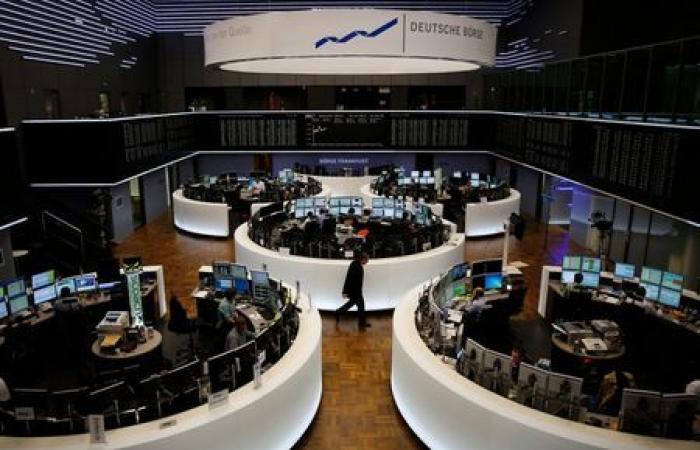In the stock market, sometimes bad reputations stick with us without being able to get rid of them.
The Ströer share price – which keen observers of street furniture will have already recognized as a competitor to JCDecaux – is languishing in 2024 at exactly the same level as where it was operating eight years ago. At that time, we remember, Muddy Waters had the group in his sights.
The famous short seller – who, it must be said, has lost some credibility in recent times – had publicly questioned the governance orchestrated by the flamboyant businessman Udo Müller and the founder's son Dirk Ströer. Between them, the parties control almost half of the capital.
The affair finally settled down, but the share price, after a series of rebounds, hiccups and relapses, finally fell back to its lowest points. This, while Ströer's turnover, operating profit and dividend have doubled in eight years – for the first two, at least on paper.
At an enterprise value multiple of seven times operating profit before investments, or EBITDA, well below its ten-year average of thirteen times EBIDA, Ströer's valuation has therefore never been so low. We will notice that this depression does not really spare JCDecaux, itself valued at x9 EBITDA.
Are suspicions of questionable governance still relevant? Is the market punishing the sector as a whole, or is it still struggling to digest the revision of accounting standards which, since 2019, have forced these groups to carry operating leases as debts on the balance sheet?
Unless Ströer's not necessarily very understandable diversification between its different segments is sanctioned: outdoor advertising, call centers dedicated to direct marketing, and a digital center which notably operates the famous Statista site?
In 2021, another famous activist, ValueAct, took 15% of the capital, we imagine it with a view to supporting the Udo Müller-Dirk Ströer duo. Unless the American fund has other, more strategic designs, such as a carefully orchestrated Statista spin-off?
When it comes to associating with sulphurous managers, the teasing mind will not fail to observe that this would not be the first time for ValueAct. We remember that the American fund was at the forefront during the Valeant disaster – a disaster from which, to its credit, it recovered fairly quickly.






